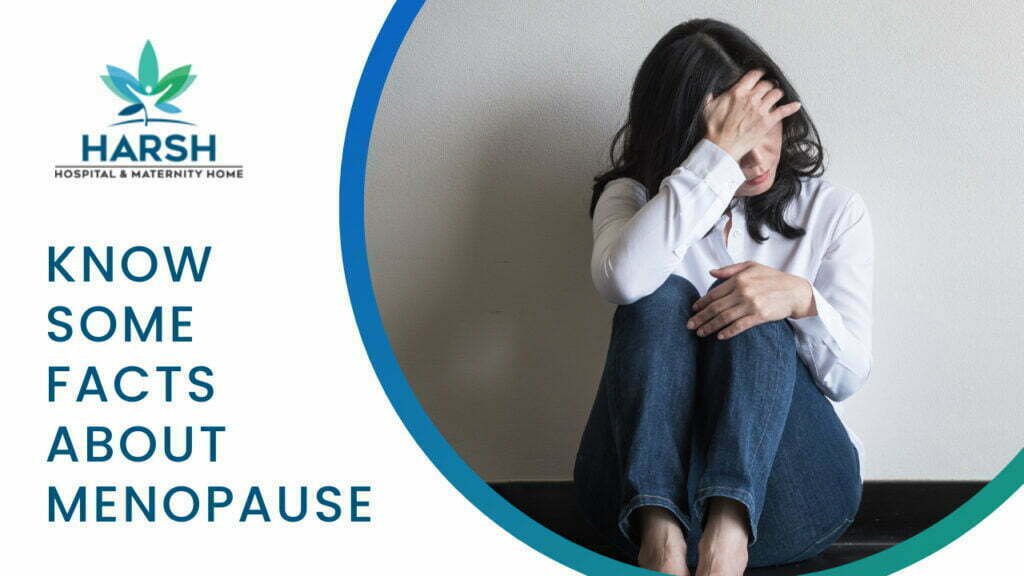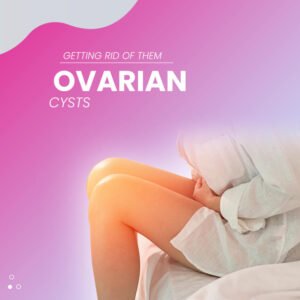What is Menopause?
Starting in perimenopause, hormone levels fluctuate. They don’t tend to drop steadily; they can suddenly spike or dip often triggering menopause symptoms.
Stages
- Perimenopause – the 4 to 10 years before periods stop.
- Menopause – is defined as occurring 12 months after your last period occurring on average at 51.
- Postmenopause – the years that follow menopause.
Three kinds of Menopause
- Natural – happens between age 40 and 58.
- Premature – happens before 40, usually due to an autoimmune disorder or genetics.
- Artificial or induced – affects one in four women and is caused by both ovaries being surgically removed or after chemotherapy or radiation.
Symptoms
- Hot Flushes
- Sweating.
- Irregular periods.
- Trouble sleeping.
- Headaches.
- Aching joints, muscles, and feet.
- Breast tenderness.
- Weight gain.
- Urinary incontinence.
- Changes in skin and hair.
- Irritability and forgetfulness.
- Anxiety and feelings of insecurities.
- Diminished sex drives.
- Vaginal dryness.
Getting Help
Consult your gynecologist especially if symptoms are bad, but try other remedies.
Alleviate symptoms naturally: e.g. hot flushes may be helped by cutting down on chocolate, lemon, alcohol, dried fruits, cheddar cheese, and food that contains sodium nitrate like processed meat.




